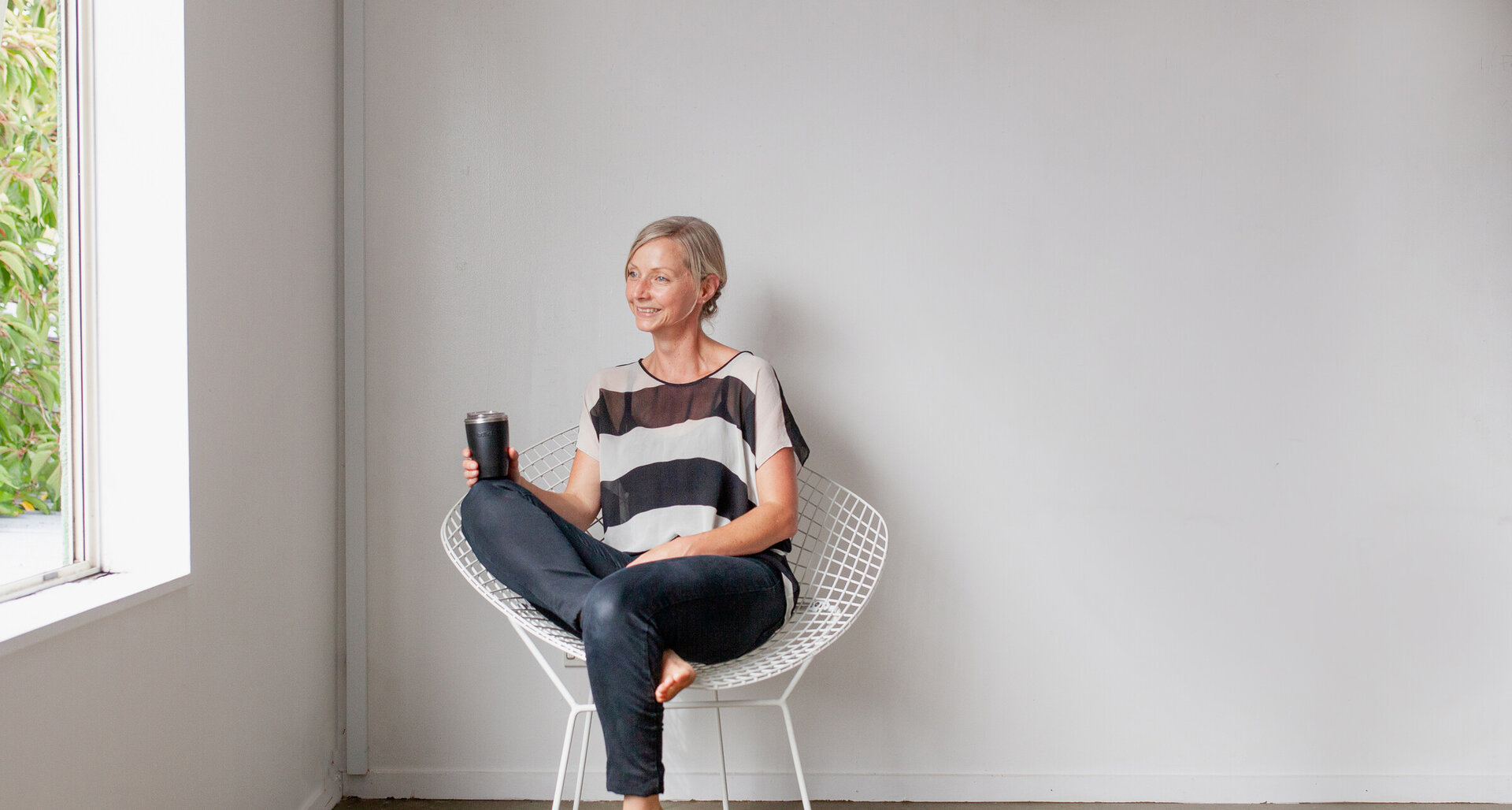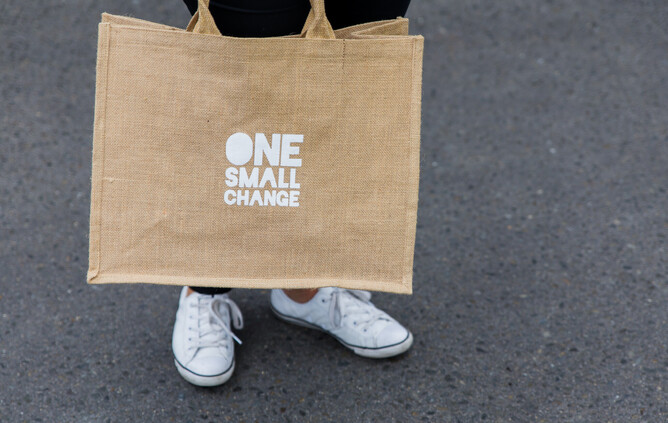As I stood at the entrance to Kmart, my friend glanced at me with a wry smile.
"You hate this, don't you?" she said.
The look on my face said it all.
"Do you ever get sick of doing your bit?" she asked.
It's true. When I set foot in a shopping mall and the scale of our hyper-consumption smacks me in the face, I always have a moment. A moment where I feel like me doing my bit and encouraging others to do theirs is like trying to lasso lightning with a friendship bracelet. That the problem is too big, that the marketing machine is too strong.
But in answer to the question - ‘Do I ever get sick of doing my bit’? No.
I sometimes question it, especially when people tell me that my reusable coffee cup and second-hand shopping habits are adorable but pointless in the face of corporate pollution and government inaction.
Here's the thing though - "doing our bit" is how systems change happens.
It's actually in reach: Small, doable changes create momentum for bigger ones. If I ask Carol down the road to tackle systems change, she'd back away like it's a timeshare presentation - it feels too hard. But if I chat with Carol about how I switched to loose leaf tea because most tea bags have plastic in them, she'd probably nod along and consider it on her next Tuesday shop at New World. And then she would move on to the next thing, and the next thing...Carol's got this.
It ripples out: We're driven by social norms - we look to those around us to inform our decisions. When we take an action, it never happens in isolation – we help normalise it for others. I remember taking my reusable cup to the local café in 2015. "You're the first person to do this," they said. Fast forward 10 years and now most cafes offer discounts and reusable cups systems are a thing. When enough people start caring about something, businesses pay attention. That's how change happens - it's like a slow, boring game of follow the leader.
It feels bloody good: There's something deeply satisfying about buying something second-hand, repairing instead of replacing, or walking past the impulse-buy display without flinching. It's like giving over-consumption a polite middle finger, and that feels pretty damn empowering. And when something feels good, you're more likely to keep doing it – and talk about it. That's how movements grow.
The truth is, individual actions and systems change aren't opposing forces - they're dance partners. Individual changes create demand for systemic solutions, and systemic solutions make individual changes easier.
So no, I don't get sick of doing my bit. Because I know that my bit, combined with your bit, combined with millions of other people's bits, is exactly how change happens. It's messy, it's slow, and sometimes it feels futile when you're standing in the entrance of Kmart. But it's also how we got here - and how we'll get out.
"Never doubt that a small group of thoughtful, committed people can change the world. Indeed, it is the only thing that ever has." Margaret Mead nailed it.
Your bit matters. Keep doing it.



